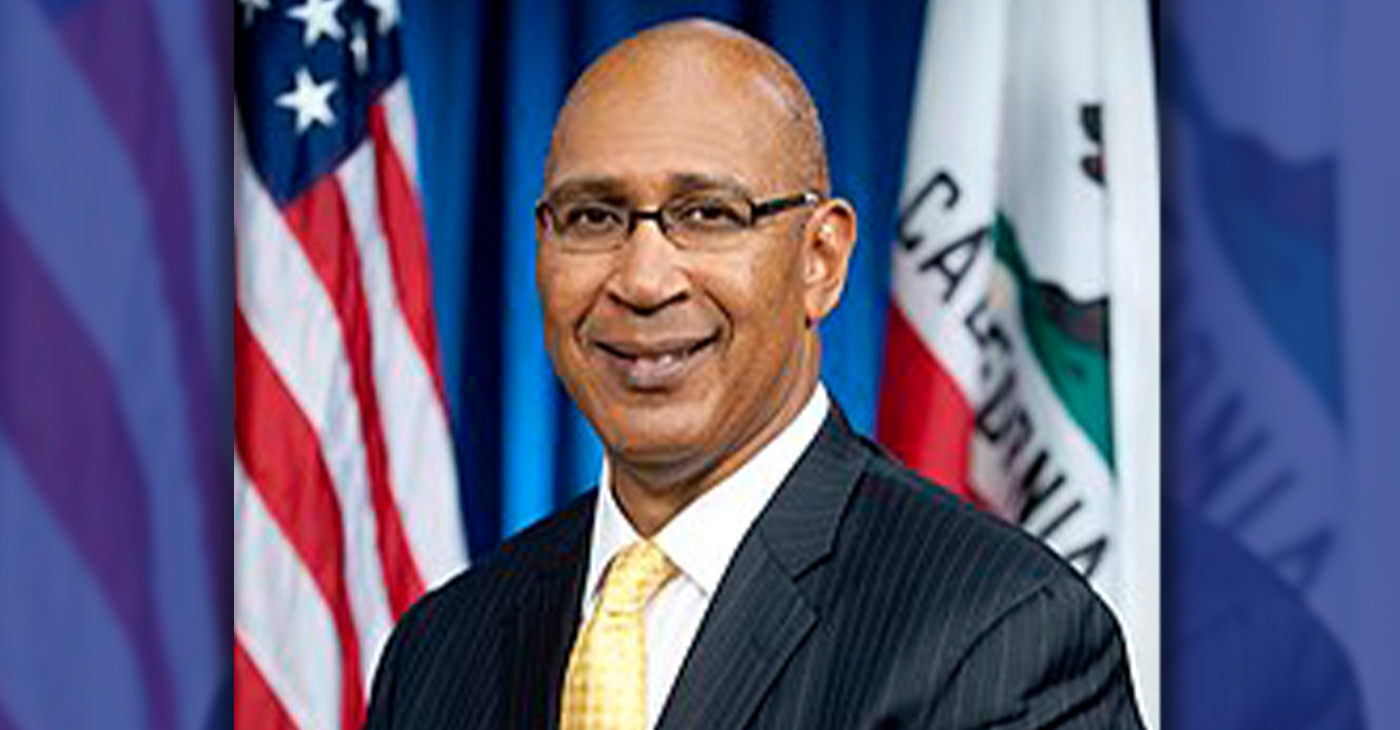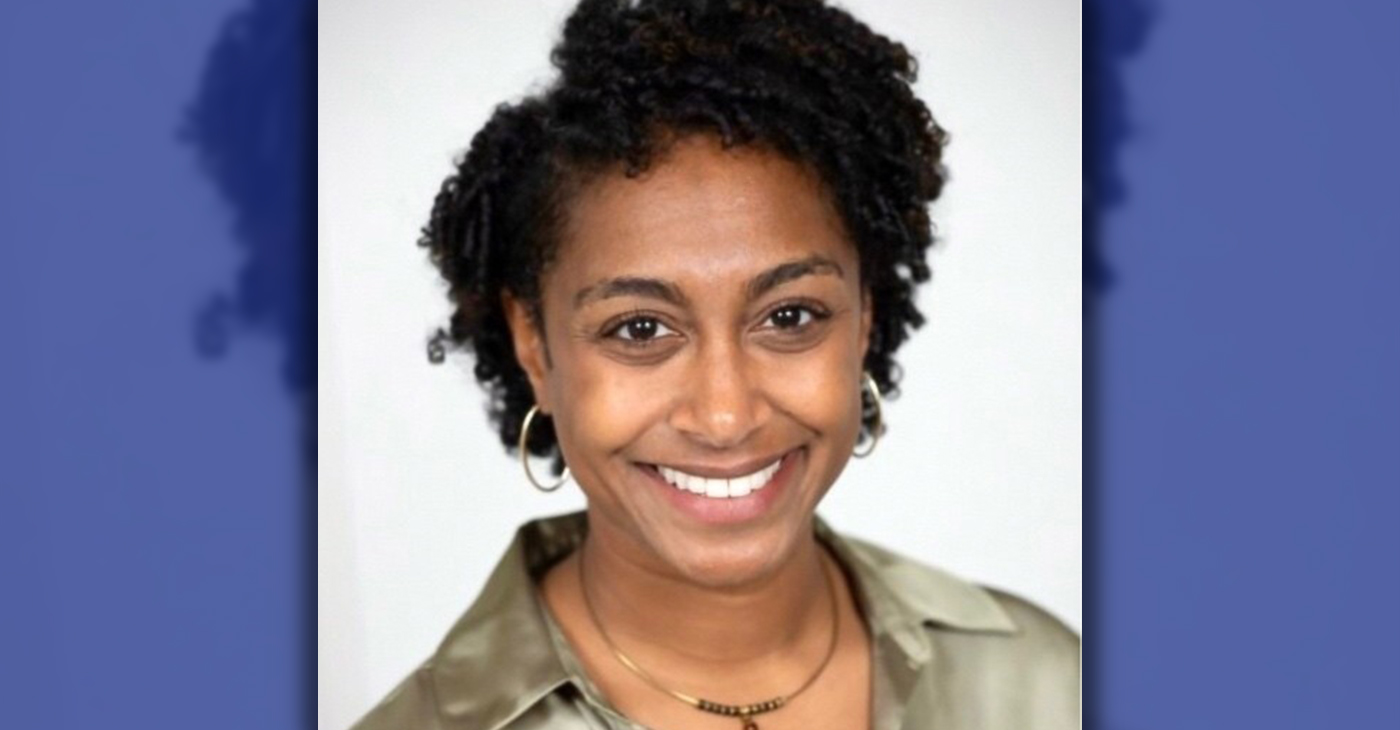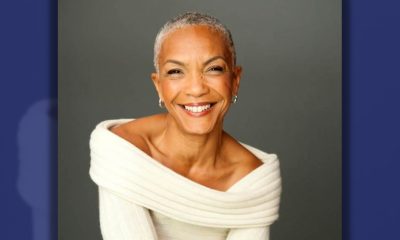Health
Screening Cuts Risk of Breast Cancer Death Almost in Half

In this Thursday, May 6, 2010 file photo, a radiologist uses a magnifying glass to check mammograms for breast cancer in Los Angeles. A big U.S. study published in the Thursday, Nov. 22, 2012 New England Journal of Medicine shows that mammograms have done surprisingly little to catch deadly cancers before they spread. At the same time, they have led more than a million women to be treated for growths that never would have threatened their lives. (AP Photo/Damian Dovarganes, File)
(CTV News) – Women who undergo mammography screening reduce their risk of dying from breast cancer by 40 per cent, an international study published in the United States showed.
Researchers reported that women aged 50 to 69 who received screening were 40 per cent less likely to succumb to the disease compared to women who were not screened.
Simply inviting a woman to undergo a mammography reduced her risk of death from breast cancer by 23 per cent, the researchers said in a study in the New England Journal of Medicine Wednesday.
Not all women act on the invitation, however.
“This important analysis will hopefully reassure women around the world that breast screening with mammography saves lives,” said co-author Stephen Duffy of Queen Mary University of London.
Activism
January Is Mental Wellness Month
Mental illness affects people differently. Children ages 6-17 are three times more likely to repeat a grade if they have mental, emotional, developmental, or behavioral problems. Those with severe mental illness have a life span of 10 to 25 years shorter than the general population. 64% of jail inmates have a mental illness compared to 21.6% of the general adult population.

By Scott Knight
January is a time to recharge and recover from the holidays. It is also National Mental Wellness Month, which recognizes the importance of mental health and aims to reduce the stigma associated with mental illness.
According to the National Institutes of Health, 57.8 million adults lived with some form of mental illness in 2023. The severity varies from person to person. Understanding mental health statistics in the U.S. can raise awareness and garner support for those in need.
Anxiety disorders are the most common form of mental illness and women are more likely than men to experience depression. 17% of adolescents ages 12-17 experienced a major depressive episode. And 33.5% of adults with living with a mental illness also has a substance use disorder.
The Substance Abuse and Mental Health Services Administration (SAMHSA) collects data on substance use and mental health. Their 2023 National Survey on Drug Use and Health reported that multiracial people had the highest rate of mental illness at 36.7%, followed by Whites (24%), American Indian/Alaskan natives (23.5%), Hispanics (20.6%), Blacks (19.4%), and Asians (18.1%).
Mental illness affects people differently. Children ages 6-17 are three times more likely to repeat a grade if they have mental, emotional, developmental, or behavioral problems. Those with severe mental illness have a life span of 10 to 25 years shorter than the general population. 64% of jail inmates have a mental illness compared to 21.6% of the general adult population.
National Mental Wellness Month involves highlighting the resources available to equip individuals with the capacity to cope with life’s difficulties; have healthy relationships and take care of their mental well-being before issues arise.
Wellbeingtrust.org tells us that having a purpose in life offers many benefits, including being happier, living longer, sleeping better, and improved heart health. To find that purpose explore your interests, volunteer, consider what you love to do, talk to friends and family, and try new experiences.
The National Alliance on Mental Illness reports that 46% of people who die by suicide had a known mental illness.
The Jason Foundation is a valuable resource if you feel that a friend or loved one is struggling with a mental illness. JFI is dedicated to the awareness and prevention of suicide through educational programs that equip youth, parents, educators, and the community with the tools and resources to identify and assist those who may be struggling mentally.
Visit www.jasonfoundation.com to learn how to make a difference and find the closest Jason Foundation Affiliate Office.
About the Author
Scott Knight is the Education Specialist at the Jason Foundation.
Activism
2024 in Review: 7 Questions for Former Assemblymember Chris Holden
While in office, Holden championed efforts to improve education outcomes for students and advocated for social and racial justice. Legislation he wrote or sponsored also focused on, innovation in transportation, protecting developmental disability service providers and improving public health, more broadly.

By Edward Henderson, California Black Media
In 2012, Assemblymember Chris Holden was first elected to the California State Assembly representing the 41st District in the San Gabriel Valley.
He was re-elected to that position for the following four terms.
While in office, Holden championed efforts to improve education outcomes for students and advocated for social and racial justice. Legislation he wrote or sponsored also focused on, innovation in transportation, protecting developmental disability service providers and improving public health, more broadly.
Holden, a graduate of San Diego State University, lives in Pasadena with his wife, Melanie, and children Nicholas, Alexander, Austin, Mariah and Noah. Holden is the son of former State Senator and LA City Councilmember Nate Holden.
Before he closed out his final year of service in the Assembly, California Black Media (CBM) spoke with Holden. He reflected on his accomplishments this year and his goals moving forward.
Looking back at 2024, what stands out to you as your most important achievement and why?
A project I’ve been working on for well over 36 years — the light rail system — made its way into Pasadena from downtown LA. Now it’s making its way through the San Gabriel Valley to Pomona.
How did your leadership and investments contribute to improving the lives of Black Californians?
Having an opportunity to represent a multi-ethnic and diverse district is exciting, but to be able to bring a voice for a lived African American experience from the San Gabriel Valley is very important.
What frustrated you the most over the last year?
I still am frustrated that we aren’t seeing the kind of progress on affordable housing to allow underrepresented communities to be able to afford to live in the community that they grew up in.
What inspired you the most over the last year?
There has been a lot of movement around reparations through community engagement. Dr. Shirley Weber put forth the bill to establish a reparations task force and that task force met for a number of years. Two members of our caucus served on it, Sen. Steven Bradford and Assemblymember Reggie Jones-Sawyer. A thousand-page report and a hundred recommendations or more came out of that. And now we’re in the process of finding ways to implement some of those recommendations. It’s going to be a longer process, but I’m hopeful because California, once again, is on the front end of taking on a really challenging issue.
What is one lesson you learned in 2024 that will inform your decision-making next year?
Always be mindful how quickly the winds can change. We’ve gone from 10 years of having budget surpluses to this year having a $45 billion deficit.
In one word, what is the biggest challenge Black Californians face?
Inequality.
What is the goal you want to achieve most in 2025?
Well, I won’t be in the legislature in 2025, but I love public policy. I’d like to find myself in a position where I’m continuing to have an influence on how public policy is shaped and formed. I’m just looking forward to being a vital voice going into next year in a different role. It will also be an opportunity to lay a foundation to take another run, possibly for a seat on the LA County Board of Supervisors in 2028.
Activism
Let’s Talk Health: Empowering Our Community with Health Literacy
At Covered California, we recognize that understanding health insurance is more than just choosing a plan –it’s about having the knowledge to make informed decisions that lead to healthier lives. That’s why this year’s open enrollment campaign, “Let’s Talk Health,” focuses on breaking down barriers and simplifying the complex language of health care.

By Dr. Monica Soni
Navigating health insurance can often feel overwhelming, especially for individuals and families who are new to the system or unsure about their options.
At Covered California, we recognize that understanding health insurance is more than just choosing a plan –it’s about having the knowledge to make informed decisions that lead to healthier lives. That’s why this year’s open enrollment campaign, “Let’s Talk Health,” focuses on breaking down barriers and simplifying the complex language of health care.
Health literacy is critical for achieving better outcomes, reducing disparities, and ensuring every African American and Black Californian — regardless of their income, ethnicity, or background — has access to quality care. By making health insurance simpler to understand, we empower individuals to access preventive services, manage chronic conditions, and avoid costly medical bills.
Breaking Barriers in African American and Black Communities
This year, “Let’s Talk Health” places a special focus on supporting African American and Black communities, where systemic inequities in health outcomes persist. These communities often face higher rates of chronic conditions and challenges in navigating the health care system. To address these disparities, Covered California partnered with trusted organizations to provide information, tips and resources.
In San Francisco, Andre Atkins, Director of Programs at Rafiki Coalition, led a dialogue with Dr. Kim Rhoads, Community Engagement Director at UCSF Helen Diller Family Comprehensive Cancer Center; Destiny Williams, Health and Wellness Program Manager at Rafiki Coalition; and myself.
These conversations play a vital role in the pursuit of health equity by sharing power and creating spaces where our community can learn, share experiences, ask questions and connect with advocates who work daily to understand their unique needs. Through these efforts, we reaffirm our dedication to fostering equity and inclusion in health care, ensuring that every voice is heard and supported.
Why Health Literacy Matters
Health literacy goes beyond understanding health care terms. It’s about empowerment. It equips individuals to make informed decisions, from choosing the right health plan to finding a provider to deliver preventive care and seeking mental health services. At Covered California, we provide tools and resources, such as side-by-side plan comparisons and financial assistance details, to ensure everyone can navigate their options confidently and access the care they need.
Taking the First Step
Whether you’re a student, part-time worker, family of four, open enrollment is your opportunity to prioritize your health and your future. This year’s open enrollment period runs from Nov. 1, 2024, to Jan. 31, 2025, and we’re here to assist you every step of the way.
Consumers must select a health plan by the Dec. 31 to receive coverage for the entire year, starting Jan. 1, 2025.
To find the plan that’s right for you, and take the first step toward a healthier tomorrow, visit CoveredCA.com and fill out the application yourself or put in your ZIP code and connect with a certified agent in your neighborhood who can guide you through your options. Together, we can break down barriers and ensure that all Californians have the tools to thrive.
Dr. Monica Soni, MD, is the Chief Medical Officer for Covered California, where she leads efforts in health equity, quality transformation, and clinical innovation. As a practicing board-certified internal medicine physician and health care leader with over a decade of experience, Dr. Soni is committed to improving affordability, access, and outcomes for all Californians.
-

 Activism2 weeks ago
Activism2 weeks agoBooks for Ghana
-

 Activism4 weeks ago
Activism4 weeks agoPost News Group to Host Second Town Hall on Racism, Hate Crimes
-

 Arts and Culture3 weeks ago
Arts and Culture3 weeks agoPromise Marks Performs Songs of Etta James in One-Woman Show, “A Sunday Kind of Love” at the Black Repertory Theater in Berkeley
-

 Activism4 weeks ago
Activism4 weeks agoButler, Lee Celebrate Passage of Bill to Honor Congresswoman Shirley Chisholm with Congressional Gold Medal
-

 Activism3 weeks ago
Activism3 weeks ago‘Donald Trump Is Not a God:’ Rep. Bennie Thompson Blasts Trump’s Call to Jail Him
-

 Activism4 weeks ago
Activism4 weeks agoDelta Sigma Theta Alumnae Chapters Host World AIDS Day Event
-

 Business4 weeks ago
Business4 weeks agoLandlords Are Using AI to Raise Rents — And California Cities Are Leading the Pushback
-

 Bay Area2 weeks ago
Bay Area2 weeks agoGlydways Breaking Ground on 14-Acre Demonstration Facility at Hilltop Mall























































